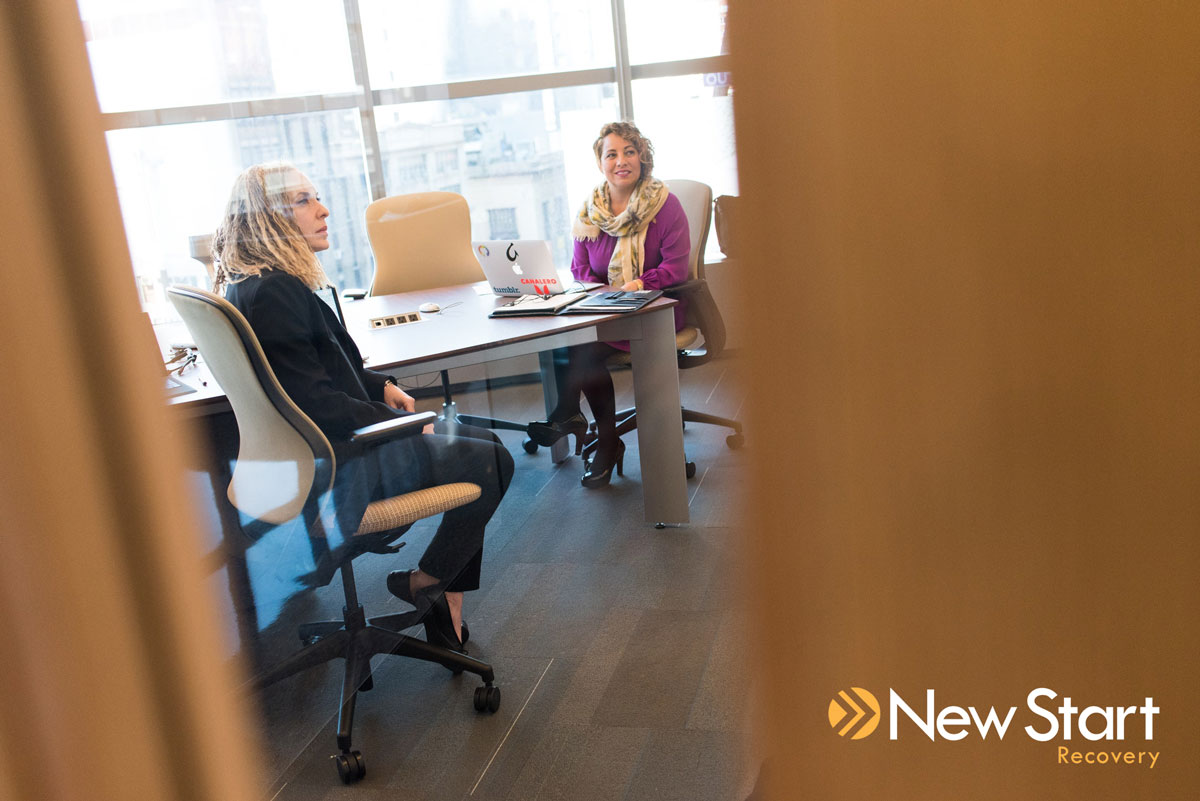As an essential health service, drug and alcohol rehab becomes even more necessary as many recovering addicts relapse under the stresses of isolation under quarantine. The National Council for Behavioral Health, a non-profit that seeks to connect Americans with comprehensive, high-quality care that affords every opportunity for recovery, has responded to the COVID-19 crisis with official guidance for behavioral health residential facilities (primarily drug and alcohol rehabs). Their press releases offer unique COVID-19 guidance for rehabs aimed at facility staff which promote the safety of residents as they share a roof during treatment.

COVID-19 Guidance for Rehabs
This pandemic presents a tough situation for those in healthcare-related positions of leadership. Government response to the crisis has been sporadic, and recommendations change between states, counties, and cities. So the NCBH’s COVID-19 guidance for rehabs stresses the importance for rehab staff to continually keep up to date on the most recent guidelines coming from their local authorities. These can typically be found through news searches using local keywords.
In certain circumstances, guidance may not be specifically tailored to behavioral health residential facilities. Many of the federal guidelines only address residential nursing facilities, which service a different set of needs than drug and alcohol rehabs. In cases like this, the NCBH recommends that rehabs should strive to meet the intent of these standards while adjusting them for the unique clinical needs of the population they serve.
Engaging State and Local Public Health Agencies
The NCBH offers five general recommendations for rehabs to follow regarding coordinating with local government to help contain the spread of COVID-19.
-
Contact Local Authorities
If your facility is experiencing supply shortages, local governments may be able to help. Many resources are being allocated by the state to help contain the spread of the virus, which presents a public health concern for everyone. This information can be found through the Directory of Local Health Departments.
-
Report Suspected Cases
If a healthcare worker suspects a resident or coworker has COVID-19, they should contact their local and/or state health department immediately. Prompt detection, triage, and isolation of potentially infectious residents are essential to prevent unnecessary spread of the disease.
-
Monitor for Symptoms Frequently
This should be practiced throughout the day. Facilities experiencing an increased number of respiratory illnesses, regardless of their cause, should immediately contact their state and local authorities for guidance. Isolation rooms should be designated for any individuals believed to be infected as well.
-
Use Available Resources
The NCBH encourages facilities to take advantage of resources from the CDC and CMS to train and prepare staff for prevention practices and infection control.
-
Stay Focused on Patient Needs
Staff should communicate effectively with both their coworkers and the facility residents to retain an individually focused approach to care.
If you or a loved one is seeking help for a substance abuse problem, our addiction specialists are available 24/7 by phone: 855-737-7363

